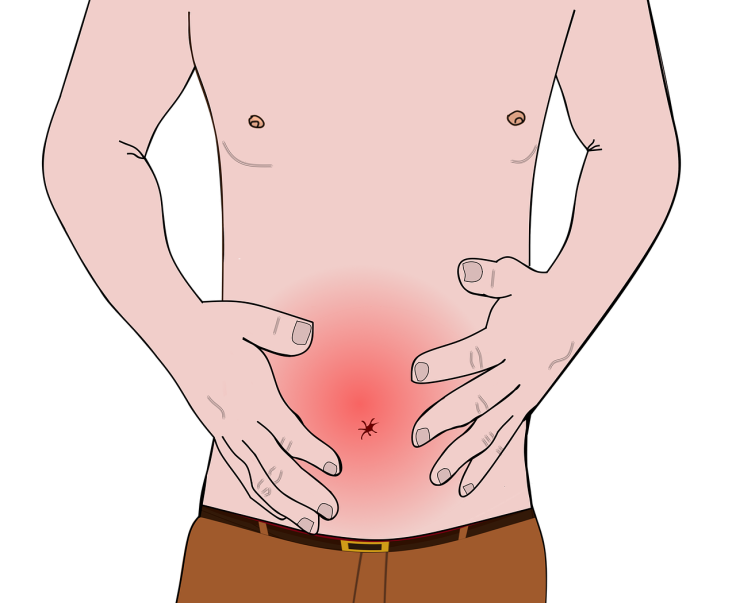Autoimmunity: Why Certain Self-Reactive Cells Are Not Destroyed

50 million Americans suffer from an autoimmune disease. Perhaps you have heard about or encountered someone with irritable bowel syndrome (IBS) or psoriasis, to name a few.
There are certain mechanisms in our immunity put in place to ensure self-reactive immune cells are destroyed. This is to prevent autoimmunity, where your immune system regards your body’s healthy cells and tissues as foreign, attacking and damaging them. This generates plenty of inflammation.
On the contrary, the production of B-1 immune cells after birth are self-reactive. These cells last a lifetime. Apart from carrying out the main function of a B cell (which is to produce antibodies against foreign invaders), this subtype of B cells also produces antibodies against the body’s elements. It is unclear why.
Discovery of the mechanism behind B-1’s growth in mice by researchers at Lund University in Sweden may reveal the reason behind this. A weak self-reactivity is sometimes needed to facilitate the clean-up of dead or dying cells before they evoke an inflammatory response.
"We have discovered a mechanism in the form of a protein, which during a strictly regulated period in the neonatal immune development of mice, allows the production of B1-cells," Joan Yuan, research team leader at the Department of Laboratory Medicine, said. "These B1-cells develop during the fetus stage and until two weeks after the birth. After that, the protein is gone and the window for B1 cell development closes."
The protein responsible for this is Lin28b. Its deficiency resulted in impaired B-1 cell development and when in excess, B-1 cell development extended into adulthood.
Lin28b helps to mold the immunity’s formation by permitting the body to have certain self-reactive cells. The B-1 subtype serves a special function of programming the immunity for life, possibly contributing to the control of autoimmune diseases and cancer.
"Even though the experiments were on mice, interesting parallels with humans have already been noted, as cells with properties similar to the B1-cells have been found in umbilical cord blood," Yuan said. "The next step is to understand how we can link our discoveries to B-cell cancer and autoimmune diseases."
© Copyright IBTimes 2024. All rights reserved.





















